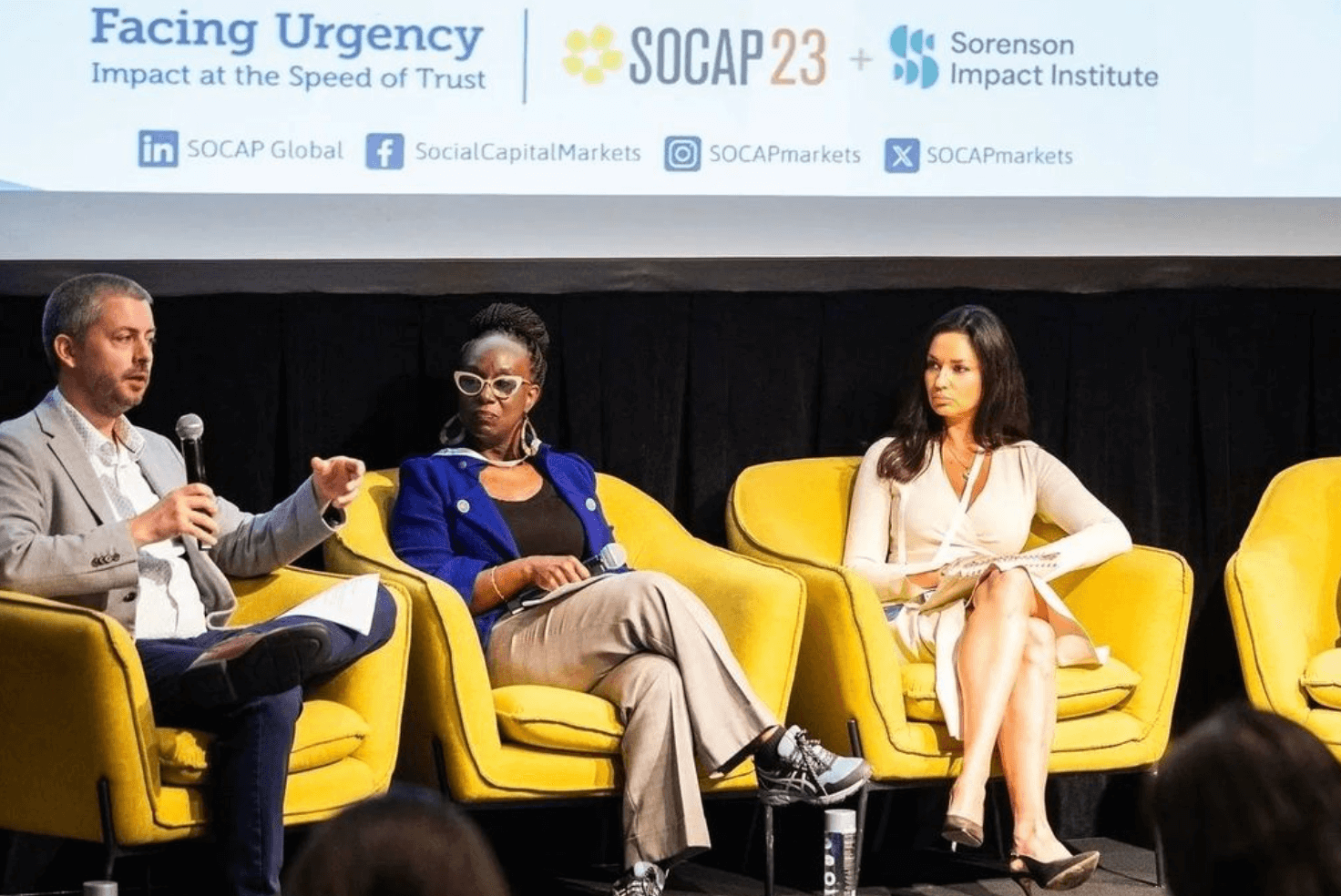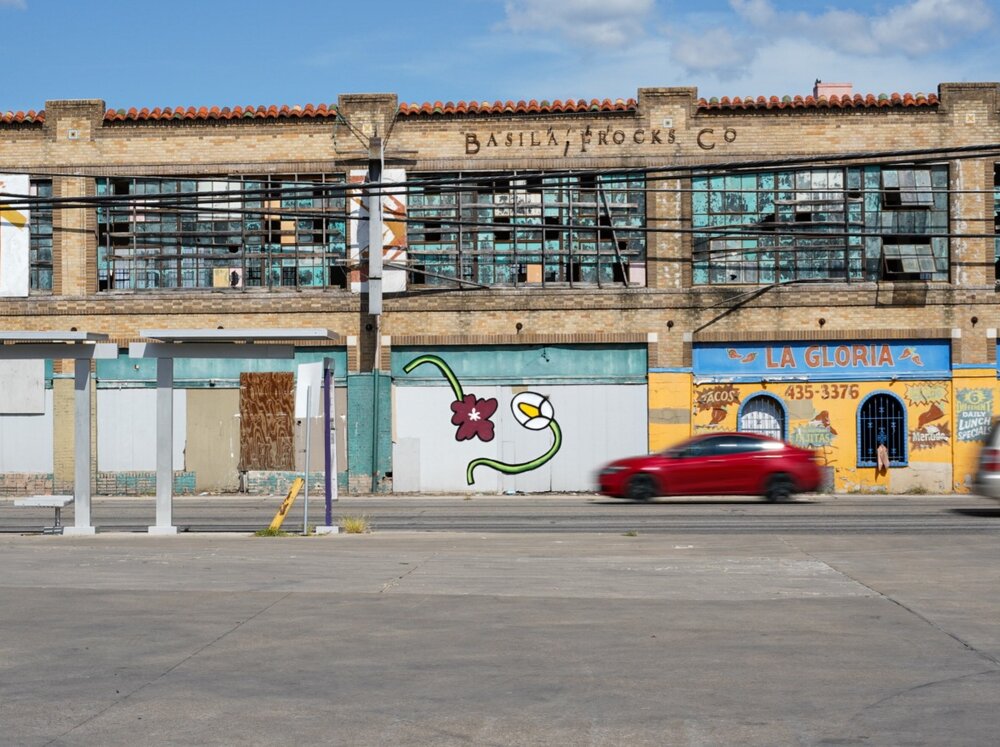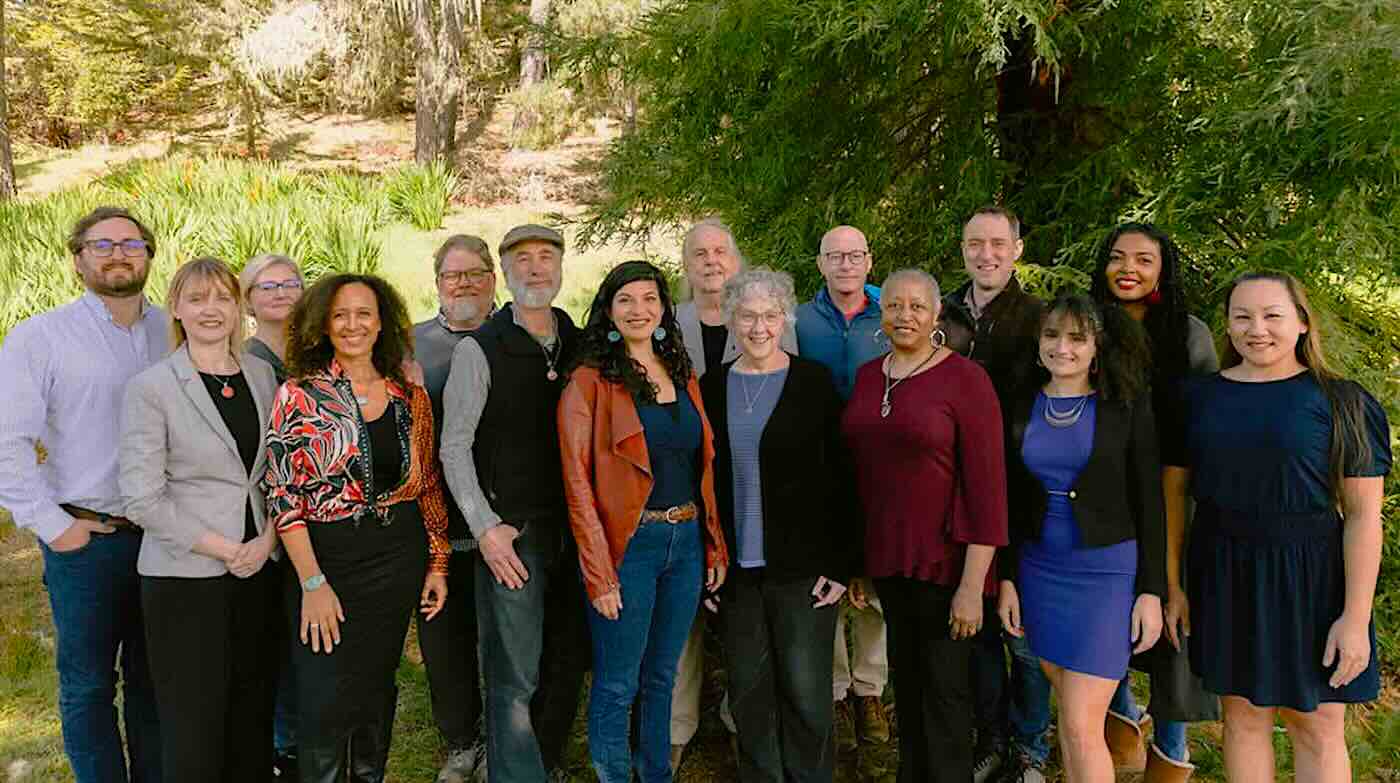ImpactAlpha, Sept. 25 – It’s the age-old struggle: labor and capital typically are at odds in the workplace and the financial markets. Case in point: the strike against the Big Three U.S. automakers, which has raised anxiety in political and financial circles.
Conversely, the alignment can be powerful when empowered workers have a meaningful stake in their companies’ long-term success. This week’s Agents of Impact Call features investors who are betting that worker ownership is not only good for labor, it’s good for capital, too.
The fund managers are stepping up to finance company conversions under a range of structures that help employees participate in the value they help create, from employee stock ownership plans to perpetual purpose trusts to employee-led buyouts, or ELBOs, that specifically seek to transfer ownership at companies with many low-and-moderate workers of color.
As many as three in five U.S. businesses will seek a sale in the coming decade, driven by a “silver tsunami” of owners over the age of 55 in search of a succession plan. Some owners finance worker buyouts themselves, extending a note that gets paid off from the company’s revenues over time. But that postpones a true exit. Others sell to private-equity buyers, who typically restructure assets and lay off employees. Still others elect to shut down altogether, at the cost of jobs and community services.
The capital gap has created an opportunity for specialized buyout funds comfortable with the complex dynamics of transitions to worker ownership.
Financing employee ownership
“Mosaic’s exclusive focus on employee ownership provides an attractive differentiation in a crowded lower middle market,” says Ian Mohler of Mosaic Capital Partners. The Charlotte-based private equity firm helps convert lower middle-market companies into employee stock ownership plans, or ESOPs, a time-tested method of employee ownership.
The conversions deliver a win for employees, Mohler tells ImpactAlpha, while driving lower turnover, greater productivity and an alignment of interest that stretches from floor workers to CEOs. With $210 million in assets under management, Mosaic has completed 15 ESOP investments in manufacturing, business services, consumer and industrials, creating more than 3,000 employee owners.
The buyout strategy “is a competitive advantage for us as we compete against other lower middle market buyout funds for change of control transactions.”
Mohler will join this week’s Agents of Impact Call, “The employee-ownership edge,” with Apis & Heritage’s Todd Leverette, Common Trust’s Zoe Schlag, Ownership Works’ Anna-Lisa Miller, and Smitha Das of World Education Services, this Wednesday, Sept. 27, at 10am PT / 1pm ET / 6pm London. RSVP today.
Call Preview
Perpetual purpose trusts with Common Trust’s Zoe Schlag. Utah Body shop Clegg Auto last year made all 55 employees owners last year through a transition to an employee ownership trust, a form of purpose trust getting a fresh look as an inexpensive and flexible structure to empower workers. One year on Clegg has doubled its profit (see “A Utah auto shop demonstrates a pathway to worker ownership via a perpetual purpose trust”).
Common Trust, which financed the conversion, raised $2.6 million earlier this month. “A lot of people think being entirely family-owned is a prerequisite in order to do an employee ownership buyout, but we’re increasingly working with a number of PE-owned businesses interested in this pathway as well,” Common Trust co-founder Zoe Schlag said recently.
Employee-led buyouts with Apis & Heritage. Apis & Heritage Capital Partners has raised a $58 million fund to compete head-on with offers from traditional private equity funds. The theory of change: creating pathways to equity ownership for workers of color can help bridge the racial wealth gap, while giving retiring owners an exit.
“We can make it as easy, or even easier, for retiring owners to sell to their employees as it is for them to sell to a private equity shop or strategic buyer,” A&H’s Todd Leverette told ImpactAlpha. “In order for us to support that claim, we have to often come in with a similar, if not better value proposition than private equity buyers.”
Its first two “ELBO” deals include Denver-based Apex Plumbing and El Paso-based Accent Landscaping Contractors; the vast majority of the companies’ 165 employees identify as low- and moderate-income workers of color.
Ownership pyramid with WES’s Smith Das. World Education Services has built a portfolio around “the ownership pyramid,” which includes home ownership, business ownership and ownership of financial assets as well as worker ownership (see “How some communities and funders are practicing ‘participatory investing’ to share power as well as capital”). That reflects the multiple paths to wealth creation for immigrants and refugees, the historical focus of WES’s business. It also provides financial diversification for investors, says Smitha Das.
Ownership, Das says, can be a thematic across asset classes, from real estate to community development financial institutions, along with the kind of mezzanine debt buyout funds typical of worker ownership conversions. WES’s Mariam Assefa Fund, named after the social enterprises’ longtime CEO, was seeded with $30 million in 2019.
Das has invested in Apis & Heritage Capital Partners and Project Equity, among other worker-ownership transition funds. The team consulted with experts and leaders in the field, such as Democracy at Work Institute, Gary Community Ventures, and Mission Driven Finance, among others, Das says. “This helped us advance our knowledge and understanding of this emerging asset class and ownership models including cooperatives, employee stock ownership programs, and employee ownership trusts,” she says.
Private-equity’s edge with Ownership Works. KKR helped launch nonprofit Ownership Workers two years ago, enlisting Apollo and dozens of other private equity investors to transfer at least some equity shares to workers.
The organization has helped implement 79 broad-based employee ownership programs that have paid out more than $359 million to over 100,000 workers.
“It’s been an entire ecosystem of stakeholders across the private, public and nonprofit sectors coming together to try to come up with solutions,” Anna-Lisa Miller, who leads Ownership Works, said earlier this month.
Nearly half has been paid out to workers of color, but only $25 million has gone to Black workers, with average payouts of $46,000.











